Chanukah is often called the Festival of Lights or chag ha-ooreem in Hebrew. In 167 B.C.E. Antiochus IV outlawed Jewish ritual observance and desecrated the Temple in Jerusalem. Mattathias ben Johanan, a Hasmonean priest in the Jewish religion (now called a Rabbi) and his five sons led the Maccabean rebellion to take back their Temple and be able to practice their religion. When they won, they rededicated the Temple, but found only one flask of pure olive oil to light the lamps. The story of the miracle passed down through the years is that there was only one jar of oil that was pure, not contaminated by Antiochus IV and his Syrian-Greek regime. That one jar of oil, which should have been only enough to light the Temple for one day, lasted eight days.
This year Chanukah starts at sunset on Dec. 7 and runs through sunset Dec. 15. This year we are challenged to keep hope alight despite the war in Israel and Gaza resulting from the horrific massacre and hostage taking in Israel on Oct. 7 by the terrorist organization Hamas, rulers of The Gaza Strip.
I am grateful that dozens of the 240 hostages taken have been released as part of the recent truce. News of their time in captivity is just coming to light at the time of this writing. They are severely malnourished, were made to sleep in white plastic chairs, and were not allowed to shower for 50 days. Then, on the day of their release, for public relations, their captors gave them each a shower and a change of clean clothes so it would appear less monstrous on television to the international community. In the Holocaust, the Nazis had a “show” concentration camp where they forced their prisoners to perform for visiting Nazis. That is what popped into my mind reading some of the first-person accounts of the hostages who spent 50 days deep underground in Hamas’s terror tunnels.
Also, tragically, the rampage on Oct. 7 wasn’t only committed by Hamas fighters. They brought Palestinian wives and children into Israel to loot Israeli homes before they set them on fire. As one little Israeli boy was taken into Gaza as a hostage on the back of a Hamas motorcycle, the Hamas terrorist allowed Palestinian children to beat him with sticks. There is a video (made from clips of Hamas’s own cameras) of the massacre that has been shown to select journalists, dignitaries, and others to give people a glimpse of the depravity of the attack. Reports are that most adults who have seen the video are reduced to tears. Hamas even forced a little Israeli hostage child to watch it. The trauma they suffered is unfathomable.
My heart breaks for those remaining in captivity, their loved ones, and the families of all who have died. How can we keep the light of hope burning in such dark times? By tending and sharing glimmers.
Glimmers are small moments that spark joy or peace, which can help cue our nervous system to feel safe or calm. Deb Dana, a licensed clinical social worker specializing in complex trauma and author of “The Polyvagal Theory in Therapy,” coined the term.
Glimmers are the opposite of triggers, those circumstances that activate our fight-or-flight response and leave us drenched in stress. Glimmers are small, happy moments that move the body into a feeling of safety and connection. By learning to recognize and embrace them, we can improve our mental, emotional, and physical health.
You might experience glimmers when you stroke your favorite pet, hug a loved one, dig in your garden, or listen to music that elevates your spirits — any circumstance that makes you feel warm and happy.
If the idea of glimmers strikes you as airy and light (pardon the pun!), keep in mind Dana developed this model through her work with survivors of trauma.
“The thing I love about glimmers is that, working with trauma survivors, it’s so respectful of their suffering,” she said. “It allows them to understand that their biology is wired in a way that we don’t discount the trauma or the crisis or the ongoing suffering, but we recognize that their biology is exquisitely set up to be able to also notice the micro moments of goodness.”
Glimmers are closely tied with our sense of gratitude, and you can use the same process for cultivating both.
- 1Notice moments when you feel joy.
Take in that good mental state for a couple of breaths, allowing it to turn into a neural trait. Enrich and absorb the good feelings into your body. What wires together fires together. This is experience-dependent neuroplasticity, popularized by Dr. Rick Hanson. - 2Write down your glimmer.
When you experience those moments of joy and peace, jot down what you’re doing, what you’re thinking, and how it makes you feel. Reading about it later can help you experience the same positive emotions over again. If you keep a gratitude journal (I strongly recommend this practice), answer these two questions each night:
1. What did I enjoy today?
2. What am I grateful for today?
Your glimmer could be the answer to both questions! - 3Look for more glimmers.
As you begin to recognize glimmers in your life, you begin to look for more of them, Dana notes. A byproduct of mindfully focusing on the joy you feel is that it helps condition your brain to feel more joy in the future. - 4Share your glimmers.
This is like using one candle to light another. Talking about your glimmers with someone else can lift their spirits and prompt them to start to recognize and embrace their own glimmers.
Even as we mourn the loss of all the innocent lives in Israel and Gaza, we try to keep the light of hope alive. Israel needs our strength now, as they fight for their survival. They are strong and united in purpose, like the Maccabees in the days of old. They need their allies in the diaspora to keep the flame burning, keep reaching out to our elected representatives to make our feelings known. Keep educating our friends and neighbors and redirecting them to the central truth that this is a fight of good against evil – the evil of Hamas. Having evil win would unleash darkness on the Western world. I thank you in advance for lending me your light when fatigue dims my hope. As we light the menorah this Chanukah, we can say a prayer for peace, and a world that works for all.
I’d love to hear about the glimmers that help light your way, in Chanukah, throughout the holidays and into the New Year!
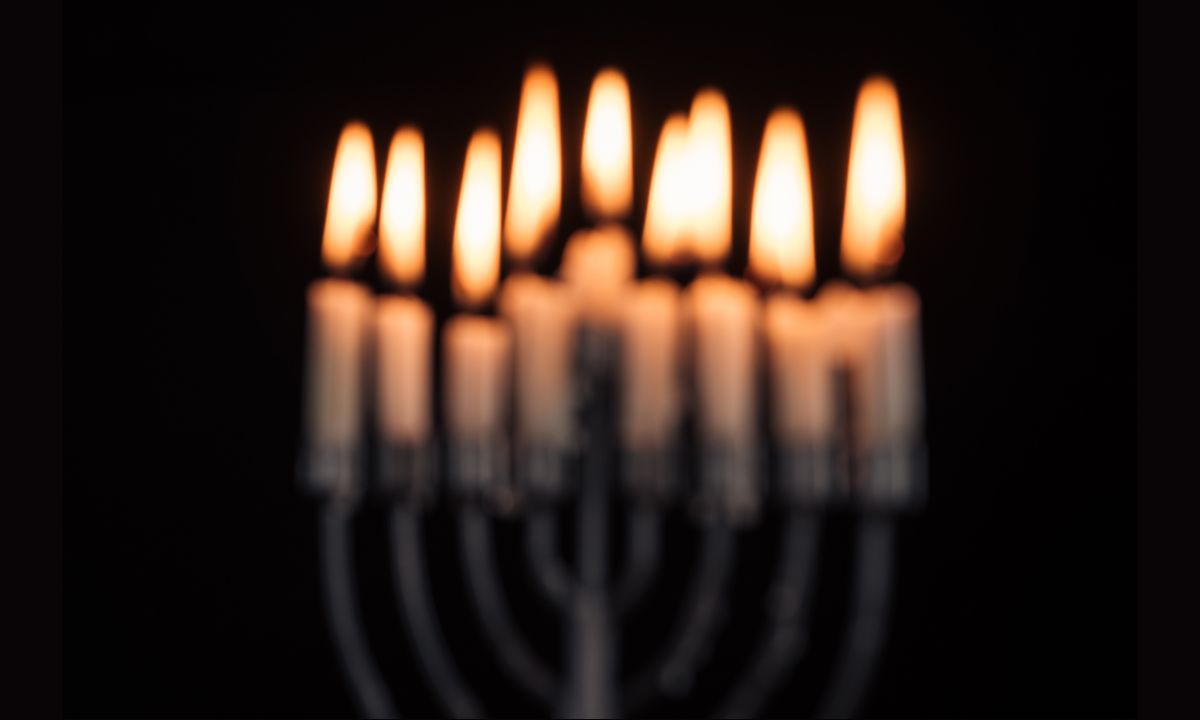


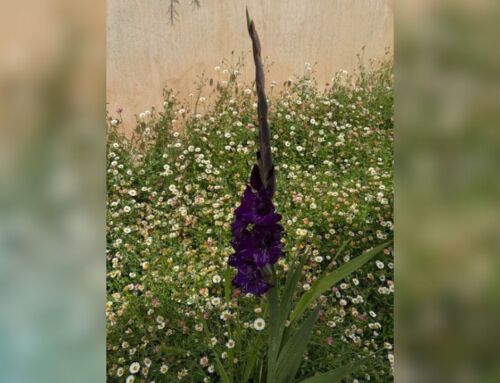



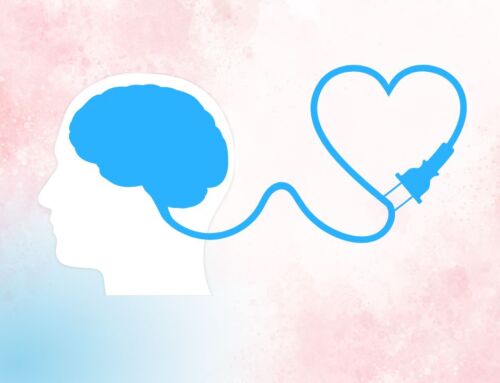
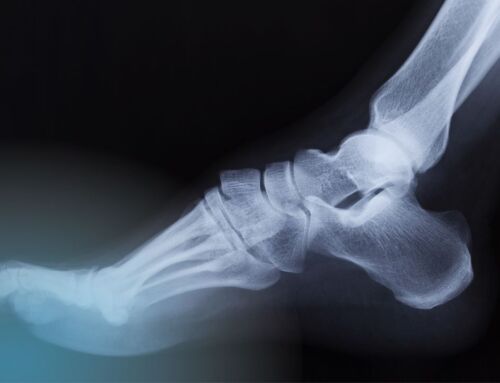

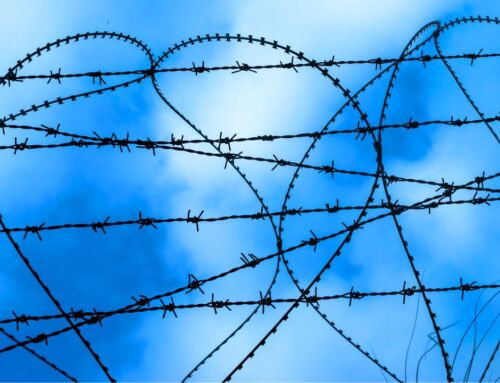

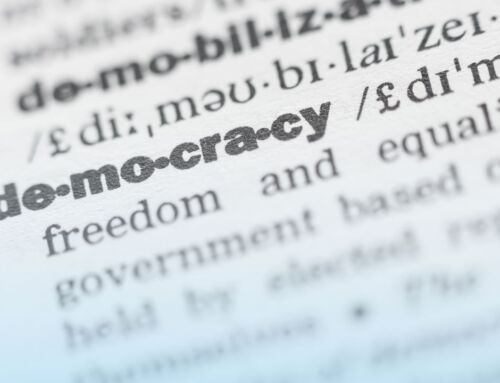
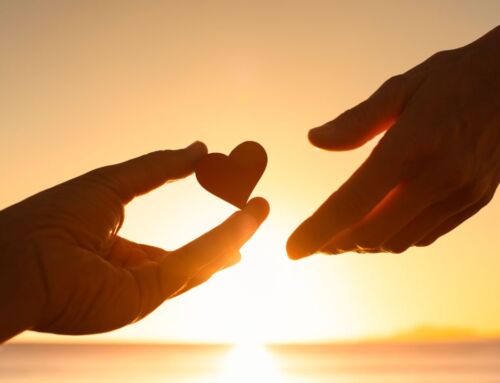

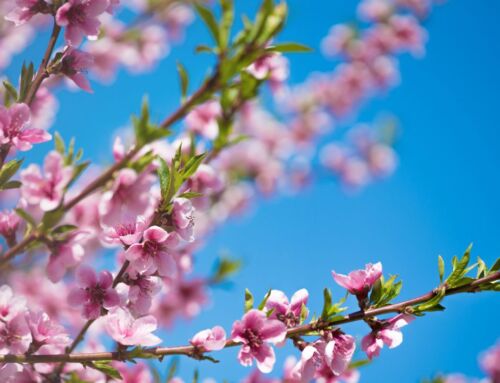





Oh Julie, Julie… You are the activist of my dreams….the perfect mixture of reality checks suffused with hope and light and encouragement! I just love reading from your posts and books! I really don’t know how you do it…
Thanks so much! I appreciate your comment more than you can imagine.